Product liability insurance is part of public liability insurance. It helps protect businesses that manufacture, sell and import products that are bought and used by the public. This cover provides protection when someone claims to have suffered personal injury or property damage as a result of your business’s product.
Let’s say a power tool fault electrocutes a builder, a faulty airbag means it doesn’t inflate on impact injuring a passenger, or a chair fails and causes someone to fall off it and break their arm. The power tool manufacturer, the airbag manufacturer and the chair maker could be at fault and need to rely on their product liability insurance to respond to any legal claims made against them as a result of these incidents.
A claim could also be made against the retailer of the product and the importer of the product if it was imported. Under Australian law, an importer of goods is in some situations deemed to be the manufacturer and can be subject to the same legal obligations as the actual manufacturer.
“Product liability issues can fall into one of these three categories. The product has a fault in its design, there’s a fault created by the manufacturing process or there’s a labelling fault”
Product liability issues can fall into one of these three categories. The product has a fault in its design, there’s a fault created by the manufacturing process or there’s a labelling fault. This means the product does not come with adequate safety warnings or instructions as to use.
In Australia, one famous example of product liability involved the law firm Slater & Gordon’s case against Dow Corning which concerned defective breast implants that hardened, deflated or ruptured, causing injury, with thousands of women affected.
Product liability is governed by both state and federal regulations under Australian Consumer Laws.
In fact, as law firm Clayton Utz notes, the ACCC is becoming increasingly active in its pursuit of poor product safety. For instance, in 2018 it fined an electrical cooking and appliance manufacturer and distributor $4.5 million after the business received personal injury reports and issued a product recall. At the same time, the business also publicly claimed in media its products were ‘absolutely safe’.
“Every business should consider product liability insurance, because the policy has a very broad definition of what your product is,” says Michael White Broker Technical Manager. “Your work is your product under these policies, not just the goods you sell. For instance, let’s say a tradesperson comes into your house and repairs your washing machine. Their work is the product. A claim arising out of defective repair work can be a product liability claim, not a public liability claim.”
White says importers should also be aware as the importer, they can be liable for defects in the products they import, as well as the offshore manufacturer being liable.
If you’re in business, chances are you may need product liability insurance. Talk to your broker or adviser today to make sure you’re covered in the event your products or the work you do leads to harm or injury.
Important notice – Steadfast Group Limited ABN 98 073 659 677
This general information does not take into account your specific objectives, financial situation or needs. It is also not financial advice, nor complete, so please discuss the full details with your insurance broker or adviser as to whether these types of insurance are appropriate for you. Deductibles, exclusions and limits apply. These insurances are issued by various insurers and can differ.





